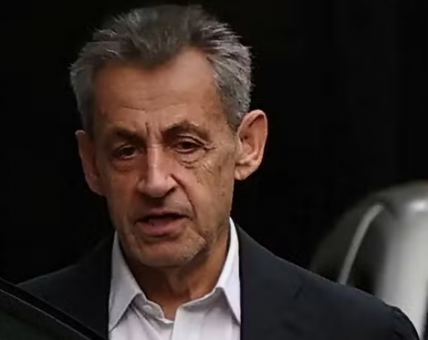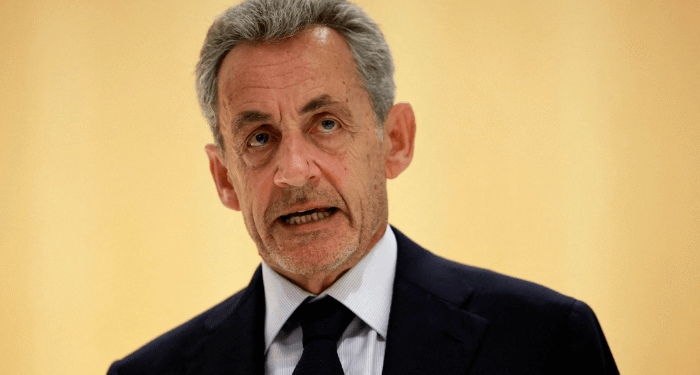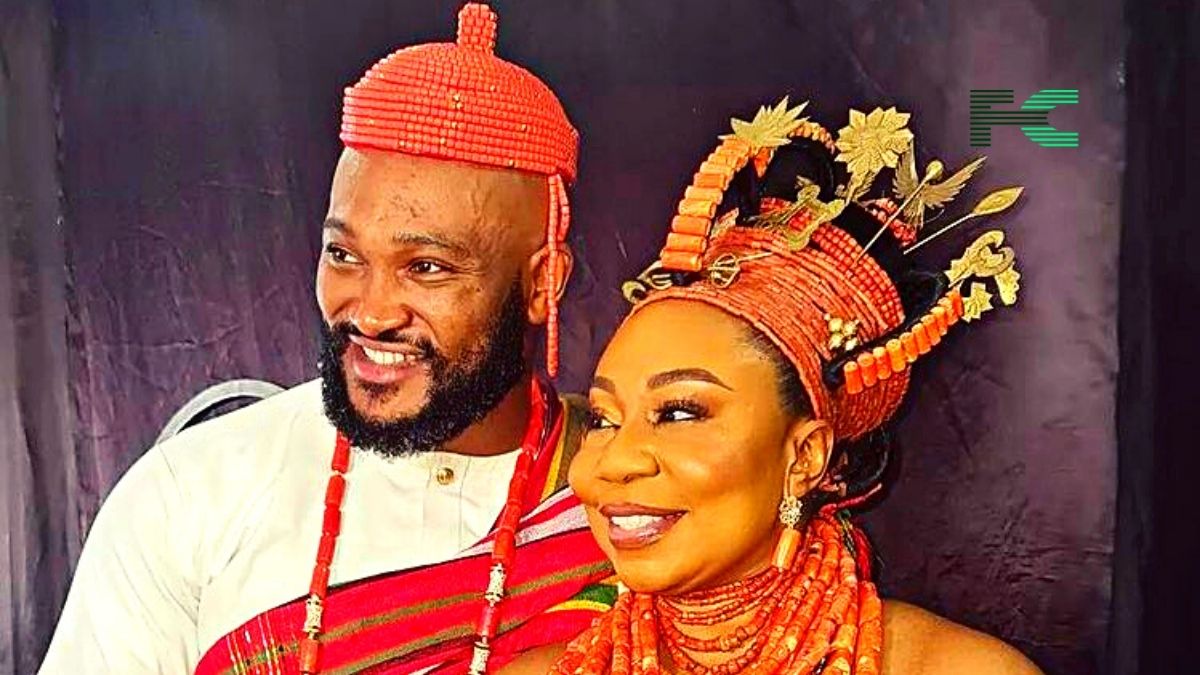France woke up in disbelief as former president Nicolas Sarkozy walked out of prison on Monday, following a Paris court’s decision to release him while he appeals his conviction in the Libya fund scandal.
Sarkozy’s Release Stirs Public Reactions
The decision came just weeks after Sarkozy was jailed for conspiring to raise campaign money from late Libyan leader Muammar Gaddafi during his 2007 presidential run. Judges had described his crime as one of “extraordinary seriousness,” yet his freedom pending appeal has caused many in France to question the justice system’s consistency.
For a country that prides itself on equality before the law, seeing a former president leave prison so soon has unsettled citizens. Many wonder if an ordinary citizen would have been treated the same way.

A Former President Still Defiant
Sarkozy, who led France from 2007 to 2012, wasted no time addressing his supporters. Posting on X, he wrote: “Truth will prevail. Life always teaches us this.” His words, though calm, carried the defiance he’s maintained throughout his legal battles.
He admitted that prison was tough “draining,” in his words, but claimed he had nothing to hide. “I’m French. I love my country. I’ll respect every demand from the judiciary,” he said during his video appearance in court.
His youngest son, Louis, also joined in the celebration, posting a photo with his father and the caption, “Vive la liberté.”
What the Court Said
The Paris appeals court stated there was no risk that Sarkozy would flee the country or interfere with justice, leading to his release under strict supervision. He cannot leave France or contact judicial officials during his appeal process.
While the court emphasized that this release doesn’t mean his appeal will succeed, critics argue the decision shows a double standard. For many French citizens, it feels like another instance of the elite escaping full accountability.
A History of Scandals
The Libya fund scandal is not Sarkozy’s only brush with the law. In 2021, he was convicted of corruption and influence peddling, the first French ex-president to wear an electronic tag. Last year, he was again found guilty of illegal campaign financing tied to his 2012 re-election bid.
Despite the string of convictions, Sarkozy remains popular among sections of the French right. Some even see him as a victim of political revenge rather than justice.
France’s Trust in Justice at Risk
The bigger issue now isn’t just Sarkozy’s freedom but what it means for public confidence in the justice system. France has long debated how to balance fairness with political power, but this case pushes the question further.
Sarkozy’s release represents a justice system that bends under pressure. For his supporters, it’s proof that the former president is being unfairly targeted by rivals and bureaucrats still haunted by his presidency.
The Battle Isn’t Over
Sarkozy’s legal troubles are far from finished. He still faces investigations for witness tampering and awaits a final ruling on the 2012 campaign financing case. But for now, he is out, free to rebuild his image, defend his legacy, and continue claiming innocence.

















